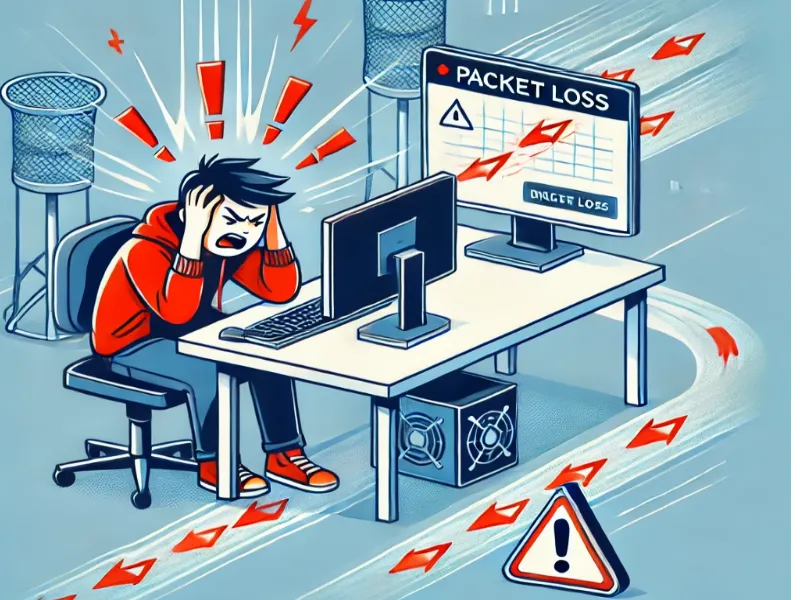The Importance of Monitoring Internet Quality for Esports
In the fast-paced industry of esports and gaming, one thing that remains constant is the need for a stable and reliable internet connection. A lag-free experience is paramount, making the monitoring of internet quality an integral but often overlooked aspect of the industry. In this post we will explore the reasons why monitoring internet quality is important for a high-end gaming experience.
Read More





